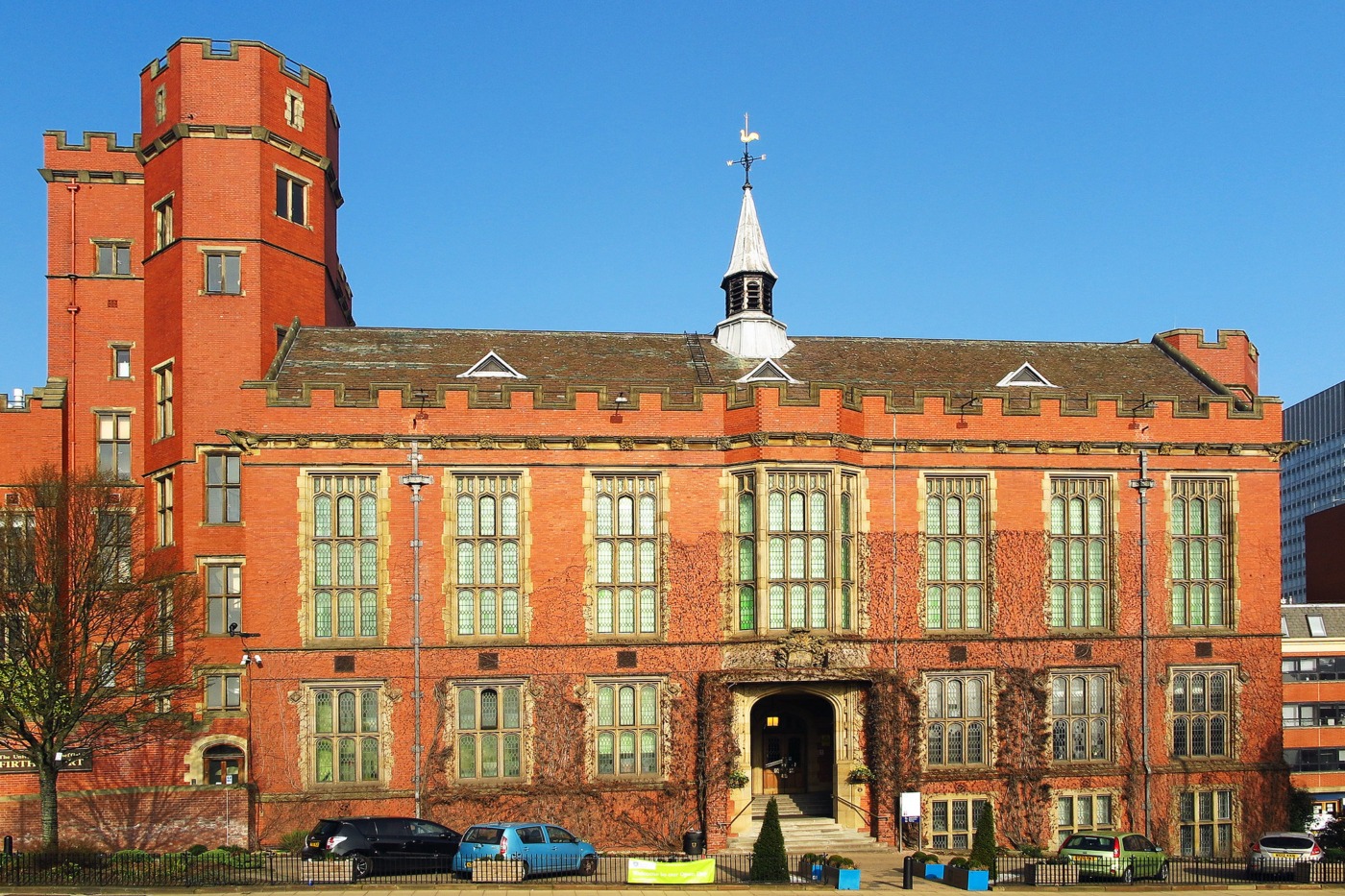Major report indicates crisis of academic freedom at UK universities
There is growing concern that academic freedom is being undermined in a way that departs from the liberal traditions and democratic norms, according to a new report.
The think tank Policy Exchange commissioned a YouGov poll of 820 UK academics, of whom 484 were currently employed and 336 were retired, and found discrimination on both sides of the political divide.
It estimates that between a third and half of left-wing reviewers would mark a grant bid lower if it took a right-wing perspective, while 23% of right-wing academics would view a left-wing paper less favourably.
About a third of academics who voted remain are likely to discriminate against a Leave supporter in job appointments, the report authors add. A similar proportion of leave-voting academics would be likely to appoint a centrist with a weaker track record over someone on the left, they estimated.
The report indicated a gap between the numbers of left-wing and right-wing supporters in academia, and suggests that the disparity explains why right-wingers are more likely to find themselves discriminated against.
In its sample, 53% identified as left, 35% as centrist and 9% as right.
The authors found this led academics to engage in self-censorship, and that one in four reported feeling unable to express their views at university because they were afraid of disagreeing with their peers.
Among right-leaning staff currently teaching in the social sciences and humanities, 50% reported having self-censored.
The report found that a known Leave supporter faces an 8% chance of discrimination against getting a job when faced by a four-person panel, versus 17% for centrists, and that 40% of Leave-voting social science and humanities academics refrained from airing their views for “fear of consequences to [their] career”.
It also found that 63% of the “very right” and 44% of the “fairly right” perceived there to be a hostile environment to their beliefs, compared with 16% for the “very left” and 8% for the “fairly left”.
However, the report did say that “there is, reassuringly, little support among most academics for dismissal campaigns against colleagues”.
It went on: “Even on some ‘hot-button’ social issues, only 6-13% of academics are willing to back campaigns to fire academics who advocate unpopular views. Those who oppose such campaigns are likely to outnumber those who support them by eight to one.
They will flounder if the principle of academic freedom – the idea that individual scholars and scientists should be free to research, teach and contribute to public debate without fear or favour – continues to face significant challenges in practice.
– Remi Adekoya
“The headline is that while it may be intimidating to look at the number of signatories on a letter, which contains strong words of moral accusation, such groups are highly unrepresentative of attitudes within the sector as a whole.”
It recommends the creation of a director for academic freedom in the Office for Students, backed up by an academic freedom bill.
The role would have “ombudsman powers with responsibility for ensuring universities’ compliance with the public interest governance conditions concerning academic freedom and freedom of speech” and would be able to investigate allegations that an institution has violated academic freedom and freedom of speech guidance, the report says. Academic freedom and freedom of speech in universities should be “explicit in the law”, the authors write.
Remi Adekoya, a teacher in political economy at the University of Sheffield and co-author of the paper, said: “Britain’s universities are world-leading and make major contributions to the national economy. They enhance and support the creative, intellectual and cultural life of the country.
“But they will flounder if the principle of academic freedom – the idea that individual scholars and scientists should be free to research, teach and contribute to public debate without fear or favour – continues to face significant challenges in practice.”
The Universities Minister, Michelle Donelan, said: “It is deeply concerning to extent to which students and academics with mainstream views are being silenced and discriminated against in our universities.
“This report has emphasised the need for action. University leaders must do much more to champion freedom of speech, and this government is committed to bringing forward measures to strengthen free speech and academic freedom, potentially including legislation.”
Responding to the survey, Dr Jo Grady, General Secretary of the University and College Union, said it was a “myth” that academic freedom was under threat.
She said: “The main concern our members express is not with thinktank-inspired bogeymen, but with the current government’s wish to police what can and cannot be taught at university.”
A spokesman for Universities UK said: “Academic freedom and freedom of speech are critical to the success of UK higher education, and universities take seriously their legal obligations on both. Robustly protecting these characteristics in a constantly evolving world is of the utmost importance to universities.”

Comments